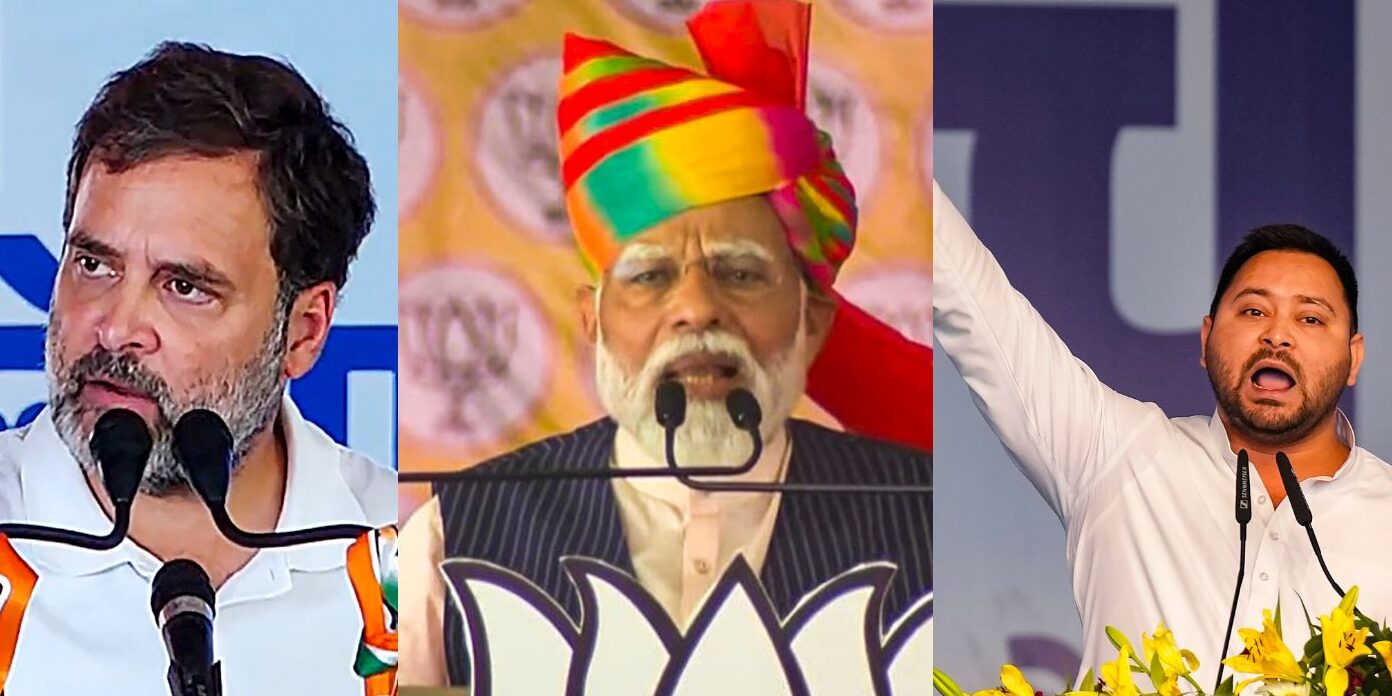First phase in world’s largest democratic exercise begins, with 969 million people eligible to vote over six-week period
Examine the political landscape in India as the BJP, led by Narendra Modi, vies for a third term in office. Explore the intricacies of the biggest democratic exercise in history, from Modi’s popularity to worries over minority rights, in this blog.
All eyes are on Prime Minister Narendra Modi’s Bharatiya Janata Party (BJP) as they attempt to win another term in office as India’s election season gets underway. This election has great significance not just for India, but also for world democracy, with over 969 million voters eligible.
The Election Process in India’s Scope
India has huge, historic elections every year. Voting takes place over a period of six weeks, with seven distinct stages. This procedure is evidence of the nation’s dedication to democracy. The magnitude of these elections, which qualify for voting in about 10% of the world’s population, highlights their significance on the international scene.
The Notoriety and Disputations of Modi
The BJP’s campaign is nonetheless propelled by Modi’s popularity. poll after poll indicates that Modi is the most popular political leader in India, despite charges that he undermines democracy and weakens the independence of important organizations. Opposition leaders, however, have not been silent in response to these accusations, accusing the election of being manipulated.
Minority Concerns and Hindu Nationalism
Modi’s hardline Hindu nationalist platform, which aims to bring India back to what is seen as its former greatness, is a major attraction. However, this story has sparked worries, especially among minority groups who worry about being marginalized and persecuted by a government headed by the BJP. The world has taken notice of the predicament of the 200 million Muslims living in India.
Boundaries between politics and the economy
Beyond nationalism, pledges of infrastructural development, economic prosperity, and international recognition are key components of the BJP’s electoral platform. The popularity of the BJP has been further enhanced by Modi’s strongman attitude and personal popularity. But problems like inflation and unemployment are real and might influence voters’ choices.
Government Interference Alleged and Opposition Fragmentation
Despite their best efforts, the opposition parties have not been able to unify to confront the BJP as a unified front. The political environment has become even more complex due to claims of government meddling, which include assaults on opposition leaders and mysterious campaign funding procedures.
The Journey Ahead
High stakes are involved as voting gets underway and the country awaits the results. A clear triumph is anticipated by the BJP, as shown by its lofty objectives, which include gaining over 370 seats. A BJP-led administration might have negative effects, and worries about the sustainability of India’s secular democracy remain.
Verdict
India’s election illustrates the difficulties of democracy in the current day and acts as a microcosm of the political scene elsewhere. Even while many people have found resonance in Modi’s leadership style and promises, they have also generated controversy and prompted important issues about the future of Indian politics.



